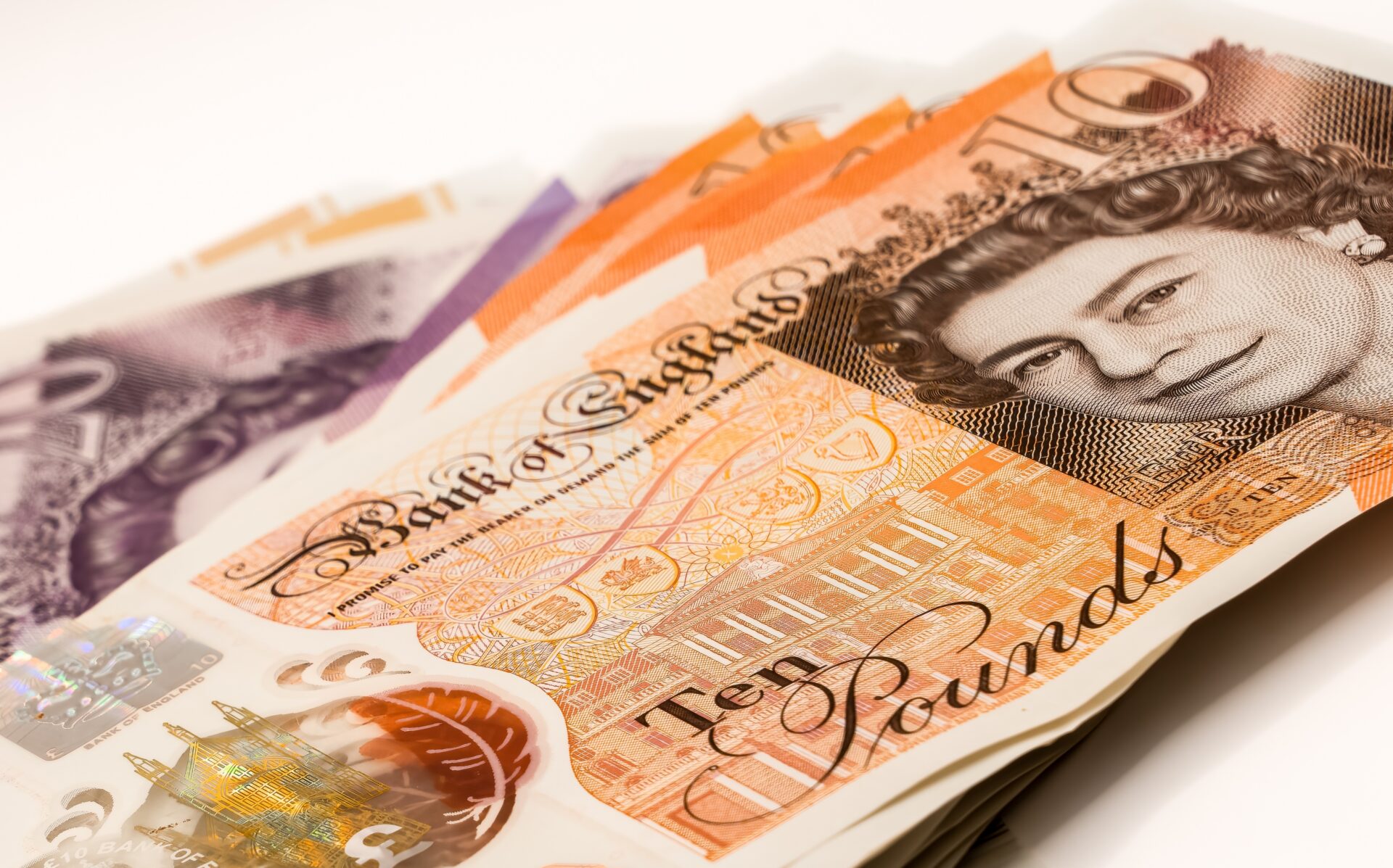
As the restrictions on international travel and quarantine requirements are relaxed (at time of writing) many people’s thoughts will inevitably turn to foreign travel and, often, the opportunity to purchase and bring back duty-free or “duty paid” goods purchased en route or in countries with lower rates of duty, respectively. However, any traveller returning into the UK should be aware of the new “simplified” system which will apply, especially if they have become used to the personal allowances (or more accurately the “Guideline Quantities”) in place before 1st January 2021 for excise goods purchased in the EU, e.g. 800 cigarettes, 1 kg of hand rolling tobacco, 110 litres of beer, 90 litres of wine (including a maximum of 60 litres of sparkling wine), 10 litres of spirits, etc.
Separate (lower) allowances have always applied to goods imported from non-EU countries and, in effect, those allowances have been amended and now apply to travellers wherever they come from.
The previous Guideline Quantities were derived from the Excise Goods (Holding, Movement and Duty Point) Regulations 2010 (S.I. 2010/593) and were fixed by the EU. They provided that an individual could bring as many duty-paid excise goods which had been purchased in the EU into the UK as they wished provided those goods were for their own personal use (see numerous previous articles on this and other websites!) and the Guideline Quantities were one of several factors to be taken into account when determining whether goods were for personal use (and exempt from duty) or commercial use (in which case duty was payable) – see regulation 13.
The effect was that, for example, an infrequent traveller coming from the EU could bring in a year’s worth of hand-rolling tobacco providing the officer (or, often, the Magistrates Court in condemnation hearings contesting the seizure and forfeiture of the goods) was satisfied those goods were for “personal use”, including gifts for friends and family.
The 2010 Regulations have now been replaced by the Travellers Allowances and Miscellaneous Provisions (EU Exit) Regulations 2020 (S.I. 2020/1493), amending the Travellers Allowances Order 1994 (S.I. 1994/955), and setting out the new, significantly lower, allowances. Those new allowances are, for example, 200 cigarettes, 250g hand rolling tobacco, 42 litres of beer, 18 litres of still wine, 4 litres of spirits, etc. over 22% ABV, 9 litres of fortified or sparkling wine or alcoholic drinks up to 22% ABV, etc..
However, the allowances for (a) tobacco and (b) spirits/fortified wine allowances are cumulative so that you can bring in 100 cigarettes and 125g of hand rolling tobacco (both half of your tobacco products allowance) or 2 litres of spirits and 4.5 litres of fortified wine (both half of the spirits/fortified wine allowance). You cannot, for example, bring in 200 cigarettes and 250 g hand rolling tobacco, or 4 litres of spirits and 9 litres of sparkling wine! For full details see the Border Force Leaflet available at 6.7005_BF – SE CUS GB leaflet (publishing.service.gov.uk)
If you are over those allowances then you must declare the goods either before arriving in the UK – not necessarily an easy option if you have bought them duty-free on the ferry or at the Eurotunnel terminal – or in the Red or “Goods to Declare” Channel immediately on arrival; you cannot declare them once you’ve entered the “Green” or “Nothing to Declare” Channel (and in some terminals it can be quite hard to find the Red Channel), i.e. when, or if, you get stopped by a Border Force officer.
If you have declared the goods and they are below certain “Upper Thresholds” (which by happy coincidence match the previous Guideline Quantities) you can pay the new “simplified” excise duty e.g. £2.97 per litre of wine (or £3.81 per litre if it’s sparkling), £10.77 per litre in spirits, £271.40 per kilogram of hand rolling tobacco or £320 per 1000 cigarettes (though the Upper Threshold is 800!).
Of course, the main attraction of duty-free/duty paid shopping is avoiding the duty and paying nearly £300 duty on your kilo of baccy will wipe out much of the savings you’ve made by buying it abroad. Also, as many drinks don’t come in convenient litre-sized bottles it may be that you have inadvertently gone over the Allowance or Upper Threshold (and no, you can’t offer to drink the excess there and then!).
There are additional and separate provisions relating to goods made or produced in the EU depending whether the total value of those goods is either above or below £1,000; but I shall leave that for another day.
If you have excise goods above the allowances and haven’t declared them and paid the duty (or have exceeded the Upper Threshold) the goods can, and almost inevitably will, be seized by Border Force and declared forfeit unless you are able to challenge the seizure in the Magistrates Court (the “condemnation” proceedings mentioned above) or using the review and “restoration” process initially via Border Force and, on appeal, the First Tier Tribunal (Tax Chamber). However, without the “personal use” argument it remains to be seen what the prospects of success are for such challenges.
Attentive readers of previous articles on this topic may well be wondering “but what does that do for secondary forfeiture?” i.e. the fact that, if you have transported the goods which have been seized within a vehicle, then section 141(1) of the Customs and Excise Management Act 1979 allows the Border Force to seize (and in due course declare forfeit) that vehicle as well. The one piece of good news that I can offer to travellers is that you can (probably) still argue that such a seizure was not proportionate, for example, if you were only slightly over the allowance and there had been a genuine misunderstanding it would be disproportionate and amount to an infringement of your human rights for you to lose your expensive car.
The key “take aways” from this article are that the days of popping over to France to buy wine for a family party or wedding, or to Belgium to stock up on six months’ worth of tobacco are over and, I suspect, Border Force will soon be looking for larger premises to store vehicles seized from travellers!
Members of Becket Chambers are able to provide advice and representation, either via a solicitor or under the Direct Access scheme, in connection with a wide variety of matters involving the seizure, condemnation, restoration or forfeiture of goods, vehicles and cash; please contact the clerks on clerks@becket-chambers.co.uk or 01227 786331 for further details.
